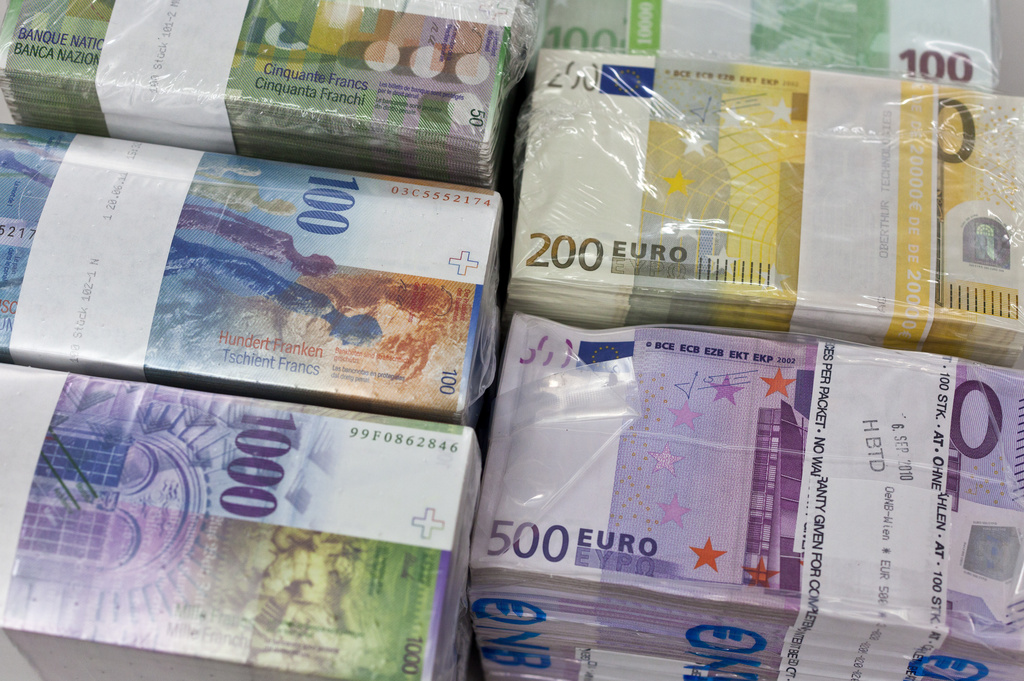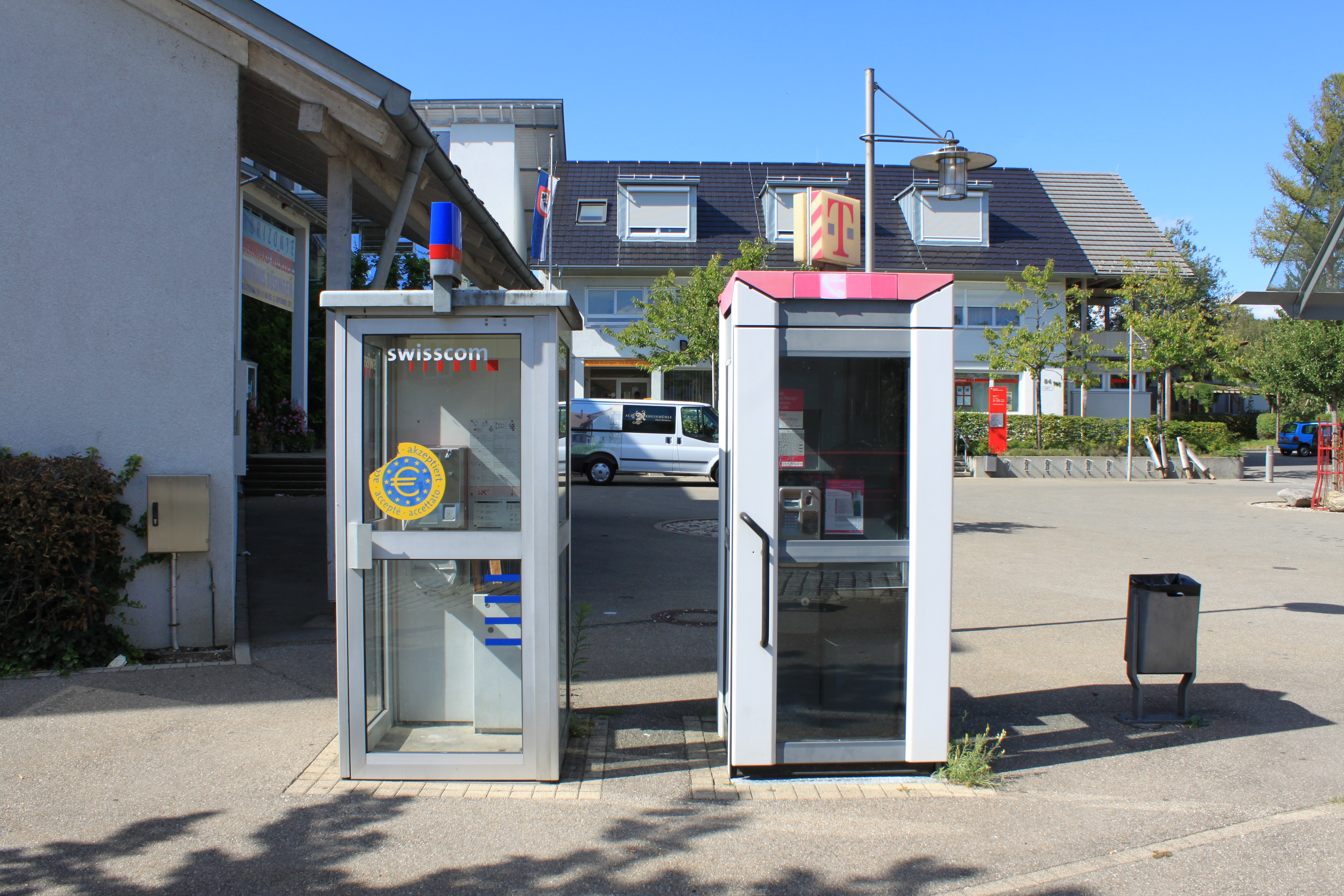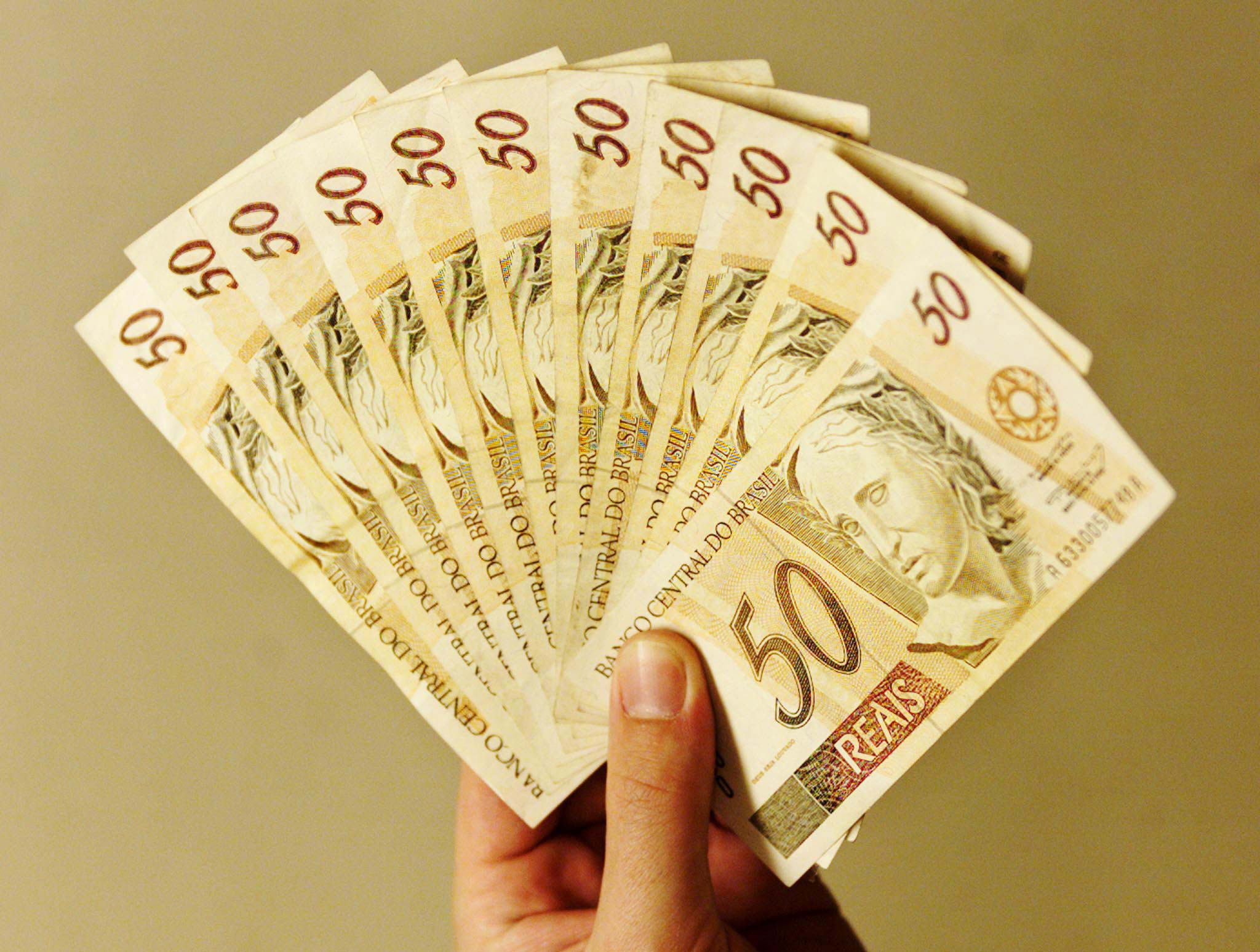Media see risks in historic franc intervention

The Swiss press have largely welcomed the Swiss National Bank’s (SNB) attempt to halt the “massive overvaluation” of the franc.
But many commentators feel that by setting a minimum exchange rate target of SFr1.20 to the euro Switzerland is paving the way for inflation and isolation in Europe.
The central bank said on Tuesday it was aiming for the “substantial and sustained weakening” of the safe-haven franc, whose rise of more than 20 per cent over the year has been putting pressure on the Swiss economy, particularly on exports and the tourism industry.
The SNB stated that it was prepared to buy foreign currency in unlimited quantities, adding that the franc was still high at SFr1.20 to the euro, but should continue to weaken over time.
“Courageous and truly necessary,” was the Neue Zürcher Zeitung’s assessment. The strong franc had made life difficult for the country’s export-oriented economy, it said.
For the Zurich-based Tages-Anzeiger the SNB had only carried out “placebo” moves over the franc, and was now actually getting serious. It couldn’t go higher than SFr1.20 and certainly not lower, because of the financial markets, its editorial writer said.
At first glance, risk would seem calculable, it noted, but nevertheless “the biggest adventure in Swiss monetary policy since the floating of the exchange rates has begun”. Inflation was a risk.
The Tages-Anzeiger spoke of a recovery of the euro through the franc move, but also of a weakening of the franc from Washington or Frankfurt’s point of view.
Risks
“We have to take this into account,” was the title of Blick’s editorial, quoting SNB President Philipp Hildebrand on the challenges posed by the intervention.
The tabloid saw risks: “… if the crisis gets worse, if Italy or Spain go into downfall, the euro will collapse”. Inflation could reach five per cent, it added. But the SNB decision was a good one, it noted, for the economy and jobs.
For its part, the Berner Zeitung saw Tuesday as “a day for the history books”. But its success would depend on currency dealers and politics, it said.
“The SNB can’t save Switzerland”, was the Basler Zeitung’s verdict, saying that the central bank could not solve the basic problem of exchange rate distortions by snapping up huge amounts of currency.
Many of the newspapers in the French-speaking part wondered whether the SNB had not been a little too ambitious.
“A headlong rush forwards” was how the Fribourg-based La Liberté saw it. “Hope could be short-term because it’s hard to see how the Swiss market can continue on its own for long,” it said, adding that it wondered what price there would be to pay for the SNB delaying the recession in Switzerland.
L’Express and the L’Impartial were worried about the inflation risk, citing the example of 1978 when the franc was also high, when the SNB’s intervention created a raging inflation at the beginning of the 1980s, followed by a housing bubble.
For the Geneva Le Temps, the SNB’s gesture was totally in contrast to the “logic of the financial markets” which had sought refuge from the euro and dollar. The risks of getting it wrong “are big and are expensive”.
Switzerland was now more coupled to the euro zone, with no real aid from the European Central Bank, it said. The message was that the country was “alone against everyone else, against markets which will test our determination and that will not cede easily”.
Global implications
The business paper L’Agefi was a little more optimistic, stating that “no risk is insurmountable” and that the SNB was not in a “life or death” situation. Fixing a rate was “not the only, nor the last possible measure”.
The SNB’s intervention has not gone unnoticed abroad. “Saving Switzerland from the Swissie,” was the title of the editorial in Britain’s Financial Times, with the sub-heading: “Exchange rate target is the best of many bad options”.
It wasn’t sure whether it was a totally good idea economically but concluded that the Swiss may well want to live with potential problems of, among others, inflation and money supply being determined by the appetites of global investors.
“The global implications are more worrying,” it wrote. “Switzerland is too small to directly cause macroeconomic imbalances, unlike China.”
“But its move could inspire other countries to follow suit and employ the ultimate option of capital controls.”
It is the official currency of the euro zone. The euro zone consists of Austria, Belgium, Cyprus, Estonia, Finland, France, Germany, Greece, Ireland, Italy, Luxembourg, Malta, the Netherlands, Portugal, Slovakia, Slovenia and Spain.
It is also used in five other European countries: Andorra, Monaco, Montenegro, San Marino and the Vatican City.
It is the second largest reserve currency and the second most traded currency in the world after the US dollar.
The Swiss franc is a so-called “safe haven” currency, that means that investors and speculators buy it when other currencies, including the euro and the United States dollar, are under pressure.
The increasing value of the Swiss franc is a source of great frustration for exporters because their goods are more expensive to sell outside Switzerland, particularly in the euro zone.
At its highest on August 11 it cost around SFr 1.04 to buy a euro. A year previously, it would have cost SFr1.38.
When the euro entered circulation on January 1 2002, it cost 1.47 francs; at its highest, in October 2007 it cost 1.67.
The Swiss National Bank has previously emphasised that it does not pursue an exchange rate target, but consistently bases its monetary policy on its legal mandate.
This mandate stipulates that “the SNB is required to ensure price stability, while taking due account of economic developments”.

In compliance with the JTI standards
More: SWI swissinfo.ch certified by the Journalism Trust Initiative






You can find an overview of ongoing debates with our journalists here. Please join us!
If you want to start a conversation about a topic raised in this article or want to report factual errors, email us at english@swissinfo.ch.